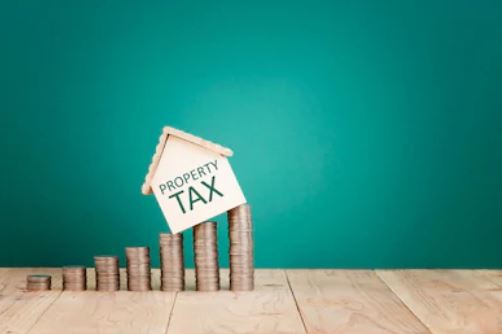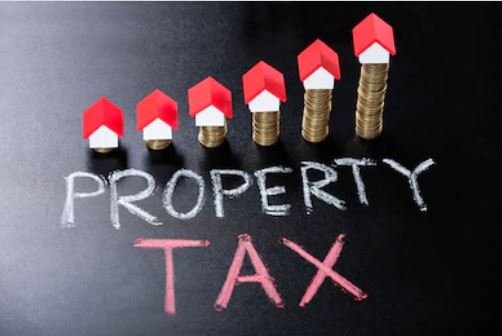There are many steps ahead of you as you prepare for selling a home in Utah. There’s finding the service professionals to help you through the process, getting your home ready to show, actually selling the home, and then there are closing costs.
The biggest costs associated with selling your Utah home will likely be your taxes.
Of course, you can’t get through such a large transaction without taxes coming into consideration. While this is often something homeowners put off worrying about until it’s time to handle them, planning for your taxes can make the costs easier to handle than having them sneak up on you at the last minute.
Let’s take a closer look at the taxes you can expect to pay when selling your home.
Do I Need to Pay a Transfer Tax in Utah?
At this time, there is no transfer tax when you sell your home in Utah. Transfer taxes are a common tax in other states that happen any time ownership of a property is transferred.
It is typically paid at the county recorder’s office, though in some places to the city or state, depending on how the laws are enforced where you live.
The tax is paid when documents are filed detailing the transfer of ownership.

While transfer taxes aren’t currently something Utah homeowners need to worry about, it could happen, so it’s worth educating yourself on for the future depending on when you sell your home.
What About Capital Gains Tax?
Capital gains tax is a federally charged tax. This tax is levied against the amount you originally paid for an asset (your home) and when you sell the asset.
Most Utah homeowners will be exempt from this, but it’s important to be educated on how it works.
When you sell an investment for more than you paid for it, you earned “capital gains”. If you originally purchased a property for $300,000 and the property appreciated over time and you continued to invest in renovations and the market was on your side, and you sold the home for $900,000, you would have significant capital gains and need to pay taxes on this.
This law applies to investments in real estate, as well as other large investments, like bonds, boats, and vehicles.
Now, even if you have had capital gains, there are tax exemptions. These exemptions are why so few people will need to pay the capital gains tax.
For single taxpayers in Utah, the exemption is for up to $250,000 in gains from your purchase. For married taxpayers, the exemption is $500,000. You would only need to pay taxes on the amount you gained from you investment over the exemption amount.
There are things that can disqualify you from this exemption, though they are rare circumstances.
You may be disqualified from this exemption if you have owned the house for less than two years. This means that house flippers will need to pay capital gains tax. If you are paying an expatriate tax you may be disqualified, or if you purchased the property using a 1031 exchange in the past five years.
You can also be disqualified from the exemption if in the five years before you sold the property you did not live in it for at least two of the five years. Exclusions from this are if you are in the intelligence community, are disabled, or you are in the military. In those situations, you would still qualify for the exemption.
When it comes time to sell your home, if you have made money on your investment, you will need to gather a few pieces of information for tax purposes.
You will need proof of the original price you purchase the home for, commissions you paid when purchasing the property, the current sale price of the home, and receipts for any home improvements you paid for while you owned the property. All of these costs will be important for determining and proving the amount of capital gain you may need to pay taxes on.
What Happens With Property Taxes When Selling a Home in Utah?
You have paid property taxes every year on your Utah home. Depending on the time of year when you sell your home, you may need to consider this during closing. If you have paid them in advance, you can negotiate with the buyer during closing. If you have unpaid property taxes, you may be able to pro-rate them until the end of escrow.

Get the Right Help On Your Side
It pays to have the right agent by your side. Someone who can always inform you of the process ahead and has your back every step of the way without making you feel overwhelmed.
Just as your agent will help you through the sales process and watch out for you during closing, it can also pay to hire a tax accountant when selling a home. If you have any questions about your capital gains or past property taxes paperwork, an accountant will be able to make sure you aren’t missing any opportunity to save money on your taxes this year.
Contact Jackie Ruden Realty Team
Give us a call today at (435) 272-7710 to set up a time to discuss your current and future real estate goals in regards to buying a home or buying a property in trust. We look forward to working with you to make your goals a reality.





